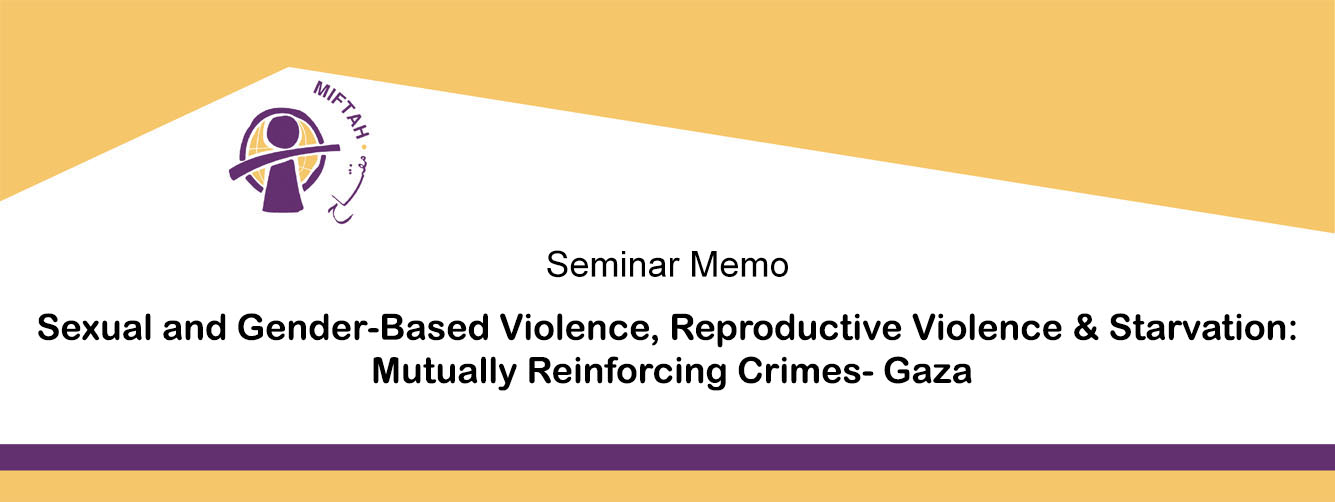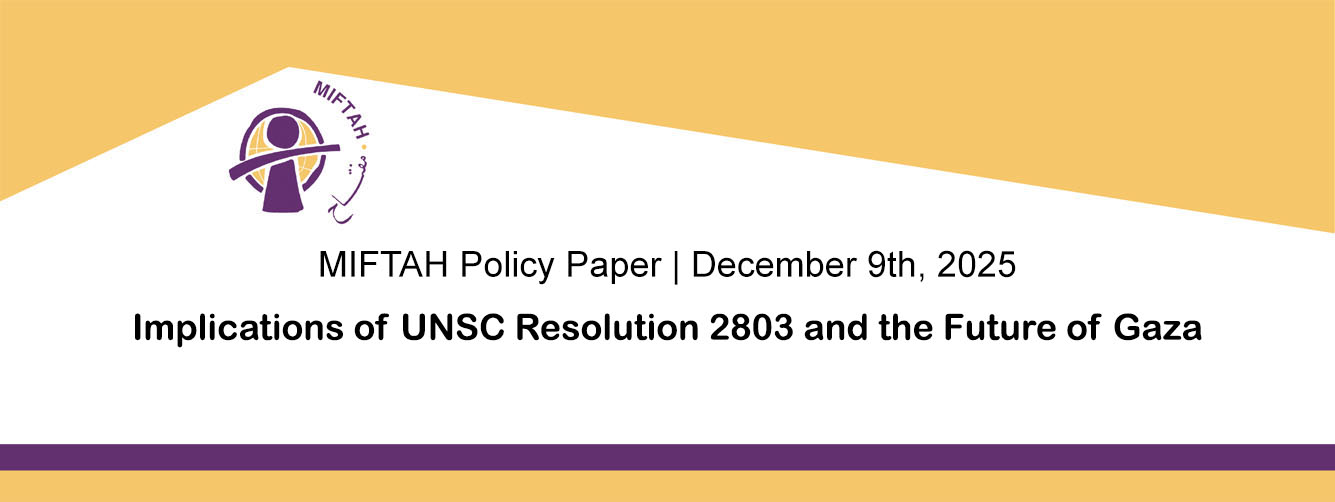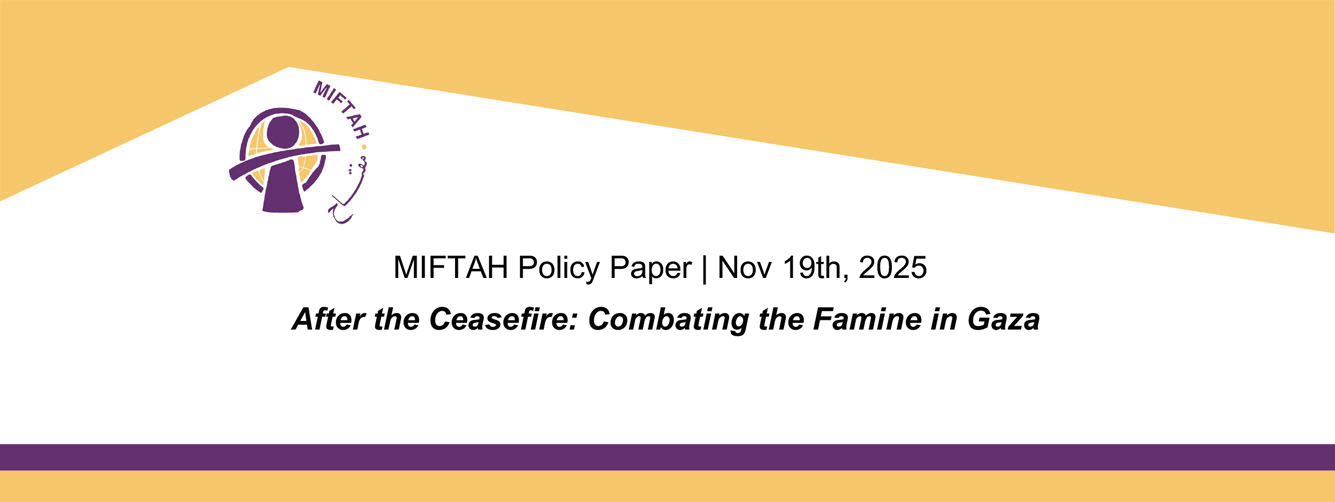Introduction
“Building strong human rights institutions at the country level is what in the long run will ensure that human rights are protected and advanced in a sustained manner. The emplacement or enhancement of a national protection system in each country, reflecting international human rights norms, should therefore be a principal objective of the [United Nations] Organization.” Hence, the United Nations (UN) “will continue to strengthen established national human rights institutions and provide support to member States that are in the process of establishing such institutions”.
International human rights legal obligations have been developed to be applied by the States to individuals under their sovereignty. Similarly, the UN mechanisms of human rights have been established to ensure the respect of human rights at the national level. However, these mechanisms are largely inaccessible to the vast majority of the world’s individuals. In practice, the ability of the State to effectively discharge its international obligations to promote and protect human rights depends heavily on its domestic institutions. Respect of human rights might differ from one State to another, even if both are parties to the same international treaties, depending on the protection provided by the rule of law, credible Parliament, independent judiciary, effective law enforcement mechanisms, free and responsible press, and active civil society. National Human Rights Institutions (NHRIs), which are located between the sphere of civil society and the government, represent one of the domestic mechanisms that aim to protect individual rights and freedoms. Throughout its history, the UN bodies, including the General Assembly (UNGA), the Economic and Social Council (ECOSOC), the Commission on Human Rights (CHR), the human rights treaty- monitoring bodies, and the Office of the High Commissioner for Human Rights (OHCHR), have contributed to the development of NHRIs and have been working with NHRIs worldwide. Over the past decade, relations between the UN and the NHRIs have remarkably strengthened.
A NHRI can be defined as an independent organization that is established by the government, according to specific legislation on the organization, in order to promote and protect human rights at the national level. Many countries have set up NHRI(s), including, inter alia, Australia, Canada, Denmark, France, Ghana, India, Indonesia, Ireland, Jordan, Mauritius, Nepal, Mexico, Morocco, Nigeria, New Zealand, Norway, Palestine, South Africa, Uganda, and the Ukraine. Some States have taken legislative or administrative steps to establish NHRI(s), and others have specialized institutions like the Ombudsman offices, such as Bosnia and Herzegovina, Slovenia, and the United States.
Various UN human rights bodies have called upon States to establish NHRI(s) and have encouraged existing institutions to participate in UN activities. In practice, NHRIs have participated with the UN Charter-based bodies and treaty-based bodies. Yet, the legal nature of the NHRIs relations with the UN human rights system is not as clear as that of Non-Governmental Organizations (NGOs).
The present paper intends to define the legal status of NHRIs in their relations with the UN human rights system. It is therefore attempting to answer two main questions. First, is there a legal framework governing the relations between NHRIs and the UN? Second, to what extent and in what capacity can NHRIs work with the UN?
In answering these questions, I will divide the paper into five sections. Following the introduction (I), section II will explore the basic background that is necessary to understand the relations between NHRIs and the UN. It will address the international standards that might be considered a legislative model or legal framework for NHRIs, namely the “Principles Relating to the Status of National Institutions” or “the Paris Principles”; the legislation that regulates the work of NHRIs at the domestic level; powers and functions of NHRIs; their various types; and the differences between NHRIs and NGOs. Section III will discuss the nature of the relationship between the UN Charter-based bodies of human rights and NHRIs. It will generally examine the role of the UNGA, ECOSOC, and CHR in developing NHRIs. Specifically, this section will examine the relations between NHRIs and the CHR, as the central human rights body of the UN. Section IV will address the nature of the relations between the UN treaty-based bodies of human rights and NHRIs. It will tackle the importance of these relations; the legal or formal status of the current relations and the actual contribution of NHRIs to the work of treaty-bodies; and present some suggestions for future reform of current relations. A summary of the paper results will be presented in the conclusion (V).






